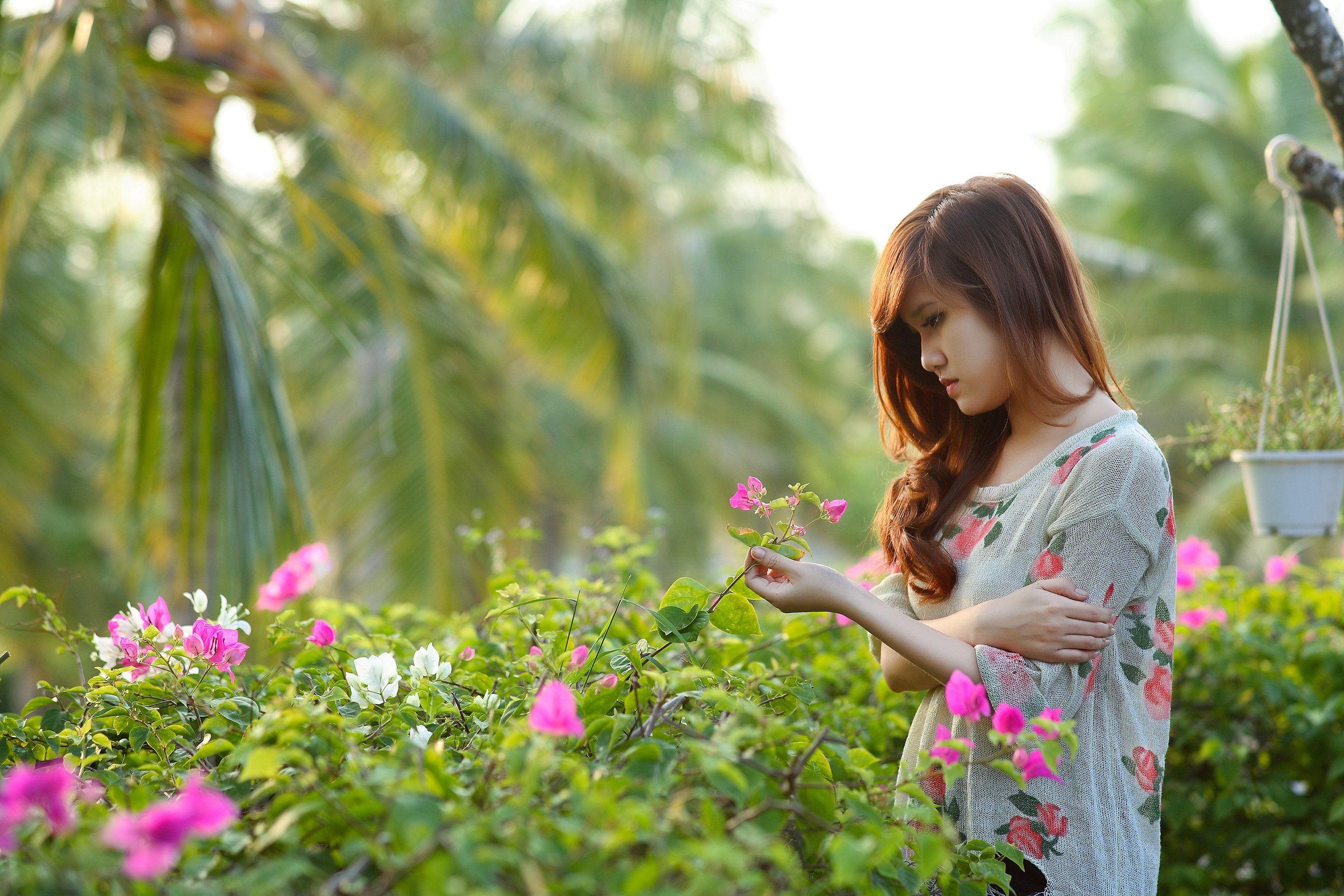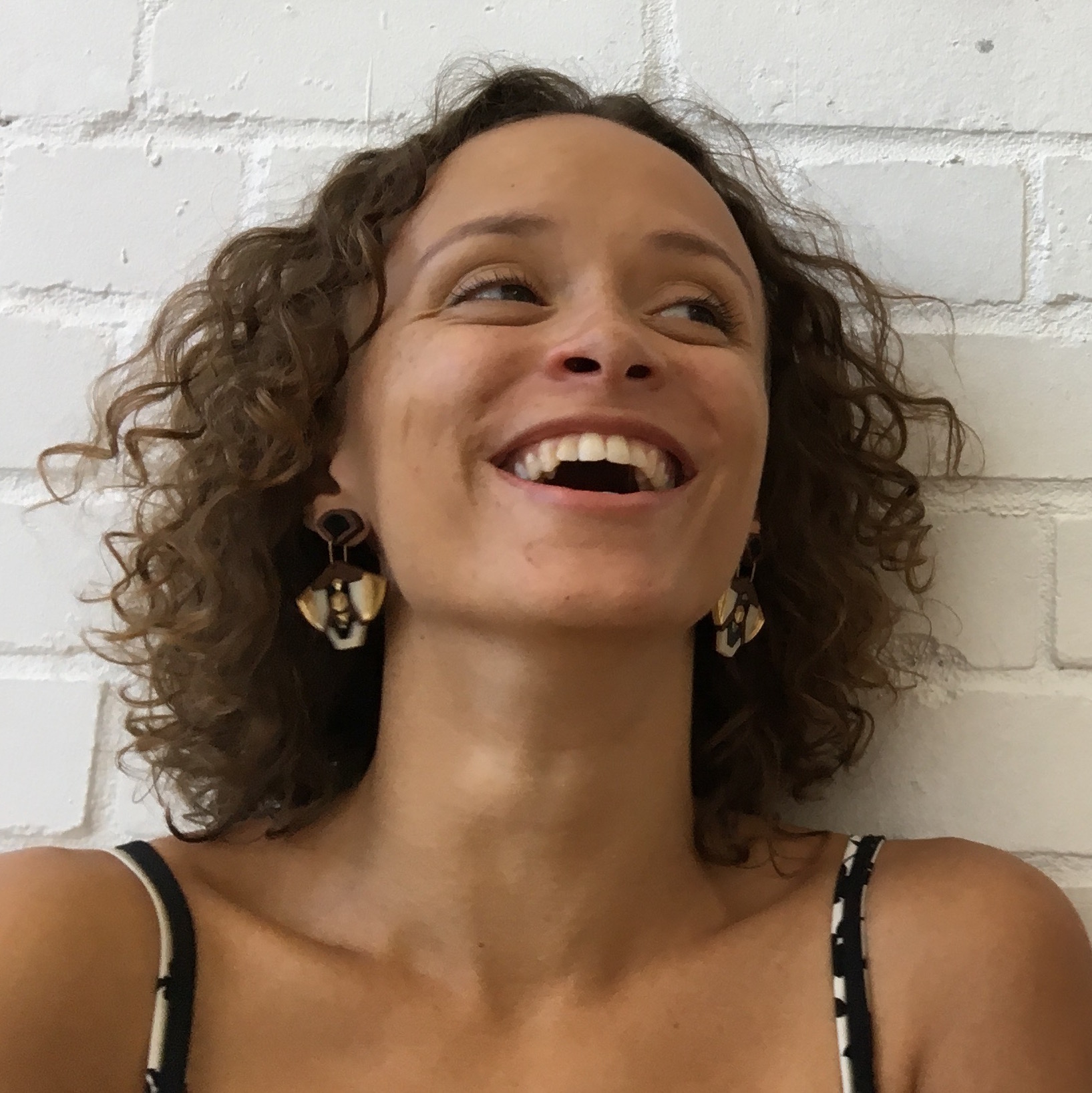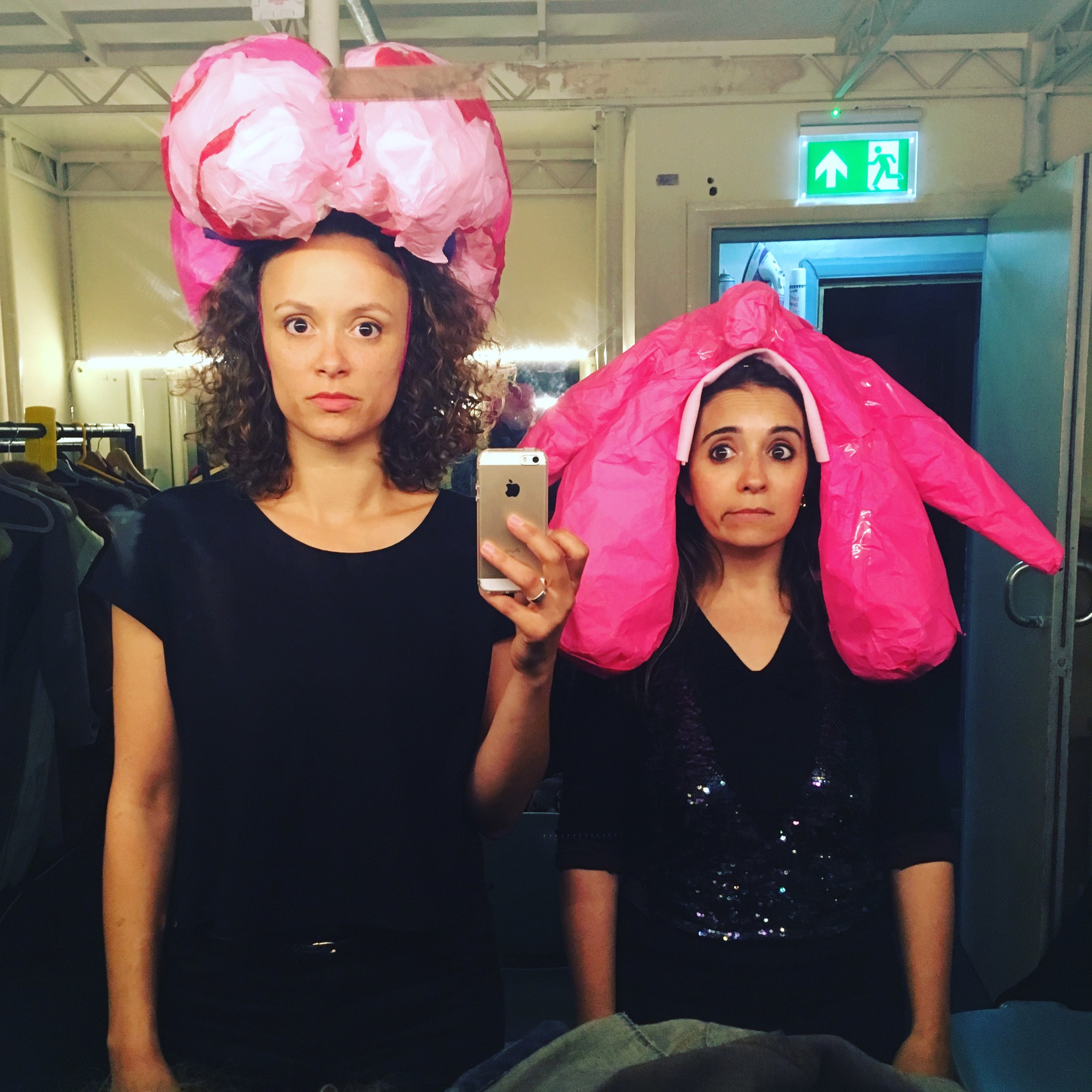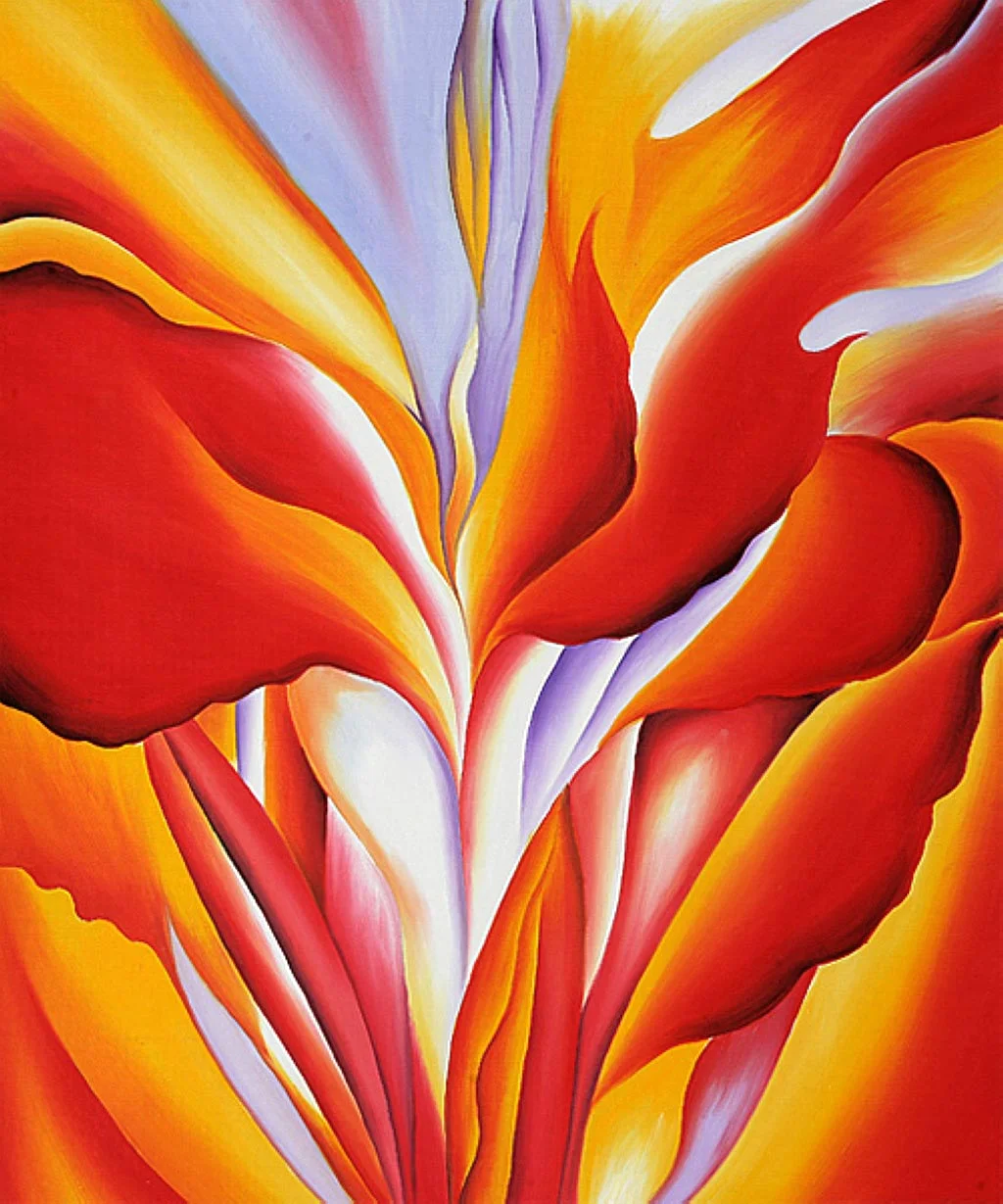What’s Growing In the Garden Of Your Sexuality?

I would like to invite you to explore the garden of your sexuality. Over the years, seeds will have been planted in your mind – ideas about sex. They may have been planted by friends, family, teachers, magazine articles, adverts, fictional characters… the list is endless. As you have grown, these seeds have also grown, into plants, so that now, your internal sexual landscape is a verdant garden.
Some of the plants in my garden are: the ‘Only Boys Masturbate’ Shrub, the ‘You Are A Sex Object’ Flower, and the ‘Sexual Desire In Women Is Dirty’ Tree. I don’t like any of those plants very much. They don’t make me feel good. They feel restrictive. To me, they are weeds. I don’t agree with any of those statements. That’s why it took me a long time to realise that these received ideas were shaping my internal landscape, and affecting my relationship with sex.
I came across the garden metaphor in the brilliant book Come As You Are by scientist and sex educator Emily Nagoski. One of the things Emily does in her book is help the reader to unpick the root causes of any shame they may be carrying around in relation to sex. I found the analogy of the garden incredibly useful, as it gave me a way of engaging with the ideas about sex that I had internalised without even realising. I read the book as part of my research for a play I was writing; Rejoicing At Her Wondrous Vulva The Young Woman Applauded Herself, in which I wanted to celebrate female sexuality. If you had asked my opinions on sex at that time, I would have confidently given you feminist, sex positive answers. If you’d asked me if I thought of myself as a sex object, I probably would’ve responded with a tirade about how damaging it is that women are presented in this way in the media, how dangerous it is for men to routinely dehumanise women in this way, how I was a complex human, and an active subject in my life, not an object of any kind. And that is all true. However, when I started digging around my garden, I unearthed the ‘You Are A Sex Object’ Flower. It had been planted by men wolf-whistling and catcalling me on the street since I was 11 years old. It had been watered by adverts, films, topless women on page 3 of a newspaper, and a million other little things. I didn’t believe it to be true, but that didn’t change the fact that it was there. Inside me.
Once I had discovered the garden of my sexuality, I was keen to find out what plants other people had in their gardens. At early sharings of material for my play, I asked audiences to write down their plants anonymously. There were some common themes that cropped up again and again: body hair on women is gross; women who have lots of sex are ‘sluts’, masturbating is dirty (especially for women), female pleasure is secondary to male pleasure, and men should be dominant during sex. This was a small sample of people, statistically speaking, but I noticed that most of the plants that people shared were making a negative judgement about something natural (like body hair, or the desire to masturbate) or imposing a restrictive ideal (like men being dominant).
Of course, many people have some gorgeous positive plants too. One of my favourite plants is the My Vulva Is Wondrous Flower. This was planted by a quote from a story about Inanna, an ancient Sumerian sex goddess, which I read in the book Vagina, by Naomi Wolf, and which became the title of my play: ‘Rejoicing at her wondrous vulva the young woman, Inanna, applauded herself’. This image of a woman not only being unashamed of her genitals, not even being defiantly proud of them in the face of dissenting voices, but simply being delighted with them, in the context of her sexuality being celebrated by her worshippers, makes me grin every time I think of it. It reminds me that the male gaze and the patriarchal values that dominate contemporary western culture are not inevitable. The shame that shrouds female sexual agency in the UK today is the remnants of a puritanical Christian, Victorian sensibility. It is specific to a time and place – not everyone thinks like this, and there have been times throughout history when this was not the dominant attitude.
However, many of the plants in my garden that make me feel good about myself, and give me permission to unashamedly act on my own desires, have been planted quite recently, whereas most of the weeds were planted when I was very young, before I had the tools to critically evaluate the messages I was receiving. This means that their roots go very deep. They have grown big and strong, and the newer plants, that have been seeded in my adulthood, often by me actively seeking out empowering, feminist, sex positive voices, are smaller, and sometimes they struggle to grow in the shade of the well established weeds that dominate the garden.
We often have no choice over what seeds are planted in our gardens. We live in communities, and we will inevitably absorb the cultural ideals that surround us. I don’t think it’s helpful to judge ourselves for that, or to criticise ourselves for internalising damaging messages. But I do think it’s helpful to notice the impact this has, in order to choose how to move forward. We can choose to avoid things that will water the plants that we don’t want to nourish, for example by not reading gossip columns evaluating the bodies of celebrities. We can choose to expose ourselves to a diverse set of influences from other cultures and other times, and water the plants we love by engaging in communities that are supportive and sex positive. And, of course, by going to the theatre to see plays that explore these themes from a feminist perspective, like mine!
A podcast series of conversations about female sexuality








